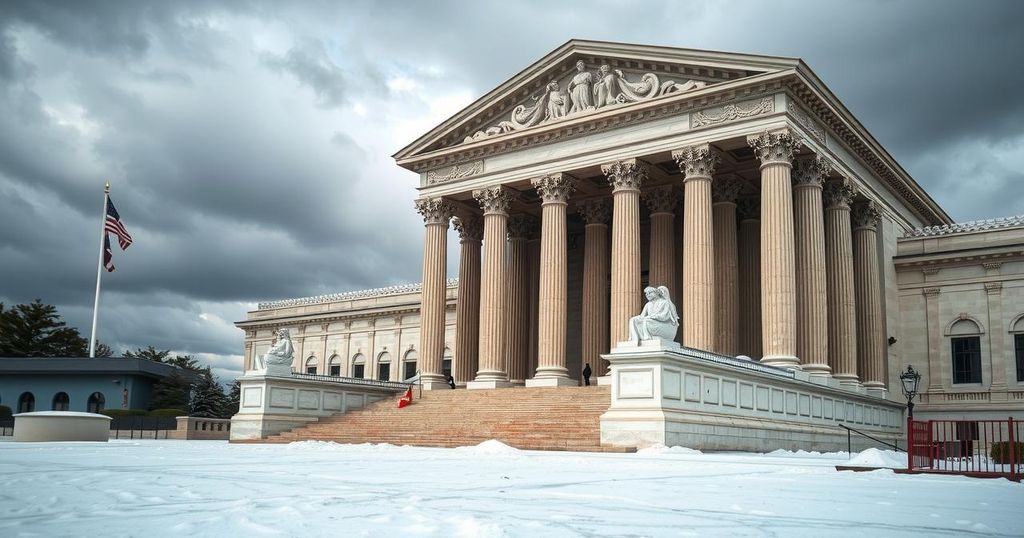Supreme Court Sanctions Honolulu’s Climate Change Lawsuit Against Oil Firms

The U.S. Supreme Court declined to hear a case from oil and gas companies seeking to block Honolulu’s climate change lawsuit, allowing it to proceed. The lawsuit holds the industry accountable for climate-related damages. This legal development highlights the growing trend of states pursuing litigation against fossil fuel companies over environmental issues.
The United States Supreme Court has declined to entertain an appeal from major oil and gas companies, thereby permitting a significant lawsuit from the city of Honolulu to advance. This lawsuit seeks to hold these firms accountable for contributing to climate change and the resultant financial burdens on communities. Honolulu’s Chief Resilience Officer, Ben Sullivan, stated that this ruling is crucial for safeguarding citizens against the repercussions of the climate crisis attributed to the defendants’ actions. The companies, including notable names such as Sunoco, Shell, and Exxon Mobil, had previously argued that climate change emissions should be addressed at the federal level. However, the state’s jurisdiction over deceptive commercial practices is underscored here, as highlighted by the state’s legal representatives.
The broader context of this case is a growing trend of climate-related litigation across the nation. Numerous states, including California, New Jersey, and Colorado, are pursuing claims against the fossil fuel industry for substantial damages due to various climate impacts such as wildfires and rising sea levels. Notably, this legal battle is taking place amidst a polarized political environment, with the Biden administration advocating for state-level adjudication of these issues, while a potential future Republican administration may alter the stance on environmental regulations significantly. Justice Samuel Alito recused himself from this case due to potential conflicts of interest, maintaining the integrity of the Court’s proceedings.
These legal proceedings signal a crucial movement toward holding the fossil fuel industry accountable for its role in climate change. The decision by the Supreme Court refrains from providing relief to companies trying to avoid liability, potentially paving the way for an increase in similar lawsuits against them, thus positioning municipal and state governments at the forefront of climate advocacy.
The legal landscape surrounding climate change accountability is evolving, with cities and states increasingly adopting lawsuits aimed at the oil and gas sector. This movement seeks to challenge the narrative that emissions solely represent a federal concern. Instead, legal frameworks at the state level are being leveraged to contend with the deceptive practices that contribute to climate change, enabling local governments to seek reparation for damages incurred. Several jurisdictions argue that local environmental degradation directly correlates to the actions of fossil fuel companies, thus providing grounds for litigation under state law. The recent refusal by the Supreme Court to hear the oil companies’ appeal further amplifies the potential for states to pursue these legal channels effectively.
In summary, the Supreme Court’s decision not to review the appeal from oil and gas companies allows the city of Honolulu to move forward with its climate change lawsuit, reinforcing the ability of state and local governments to hold these industries accountable for environmental damages. This case reflects a significant trend of climate litigation seeking to address the impacts of fossil fuel emissions while navigating the complex interplay of state and federal judicial frameworks. The outcome of such lawsuits may shape future climate policies and industry practices dramatically.
Original Source: wyomingtruth.org






